1. Introduction
Successful collaboration with JV partners, service providers and other stakeholders throughout the building life cycle is a pre-requisite to achieve our objectives and to achieve improved effectiveness and growth over time. By working together with trusted partners on a repetitive basis we increase efficiencies and decrease risks, but we also see long term collaboration as key to enable us and our partners/suppliers to jointly invest in efforts that make us better and build on learnings from prior projects for the benefit of future projects.
In the following sections we provide a high-level summary of how Nrep expects our partners and suppliers to work with us to achieve our objectives with regards to end-user qualities as well as our economic, social and environmental objectives. This general guidance for partners and suppliers expands on Nrep’s Supplier Code of Conduct and complements the detailed technical specifications provided by Nrep’s Build Programs, Sustainable Development Performance Standards and other specifications that Nrep will share specific to the project.
Nrep seeks to work with competent partners and suppliers in a way that achieves our targeted end-user qualities in a manner that is cost-efficient, environmental, social, and ethical across the full life cycle of our buildings. Depending on Nrep’s level of control and the timing of Nrep’s engagement with a development or standing property, Nrep’s business lines will seek to engage with key stakeholders on their and our ambitions with regards to user qualities, economics and sustainability. Our learnings to-date tell us that methodical, systemic, scalable systems that up-front from the very early stages force and enable sustainable decision making by the developers, contractors and other service providers is key for us to have a positive impact. Nrep’s business lines have articulated detailed specifications of the process and qualities they want to achieve through different Build Programs specific for the various product concepts and product types that Nrep invests in. Based on a common Nrep framework, each business or product line also has articulated Sustainable Development Performance Standards for specific property concepts. These Performance Standards are either integrated into the Build Programs or provided as separate appendices. The right solutions will come from a joint effort, and we need our partners and suppliers to be forward leaning and innovative in how we identify the solutions to meet our agreed objectives.
We will only engage suppliers who recognize their responsibilities with regards to the environmental and social impact of the business activities that they perform for Nrep. Nrep will in this context seek to support our suppliers in their work to act responsibly.
In this document we refer to partners and suppliers as a collective term for JV partners, developers, contractors, sub-contractors, trade-contractors, engineers, architects, other professional service providers and providers of materials or products. The standards and expectations expressed in the following are articulated for projects and investments where Nrep has full control over project/investment decision making and is engaged from the very beginning. Nrep recognizes the constraints that follow from situations where we do not have full control or get involved at a later stage, but will also in such situations seek to engage with our partners and suppliers to push for our sustainability ambitions in a collaborative and pragmatic manner.
1. Introduction

2. Our objectives

3. Suppliers & Business Partners

4. Long term and holistic value
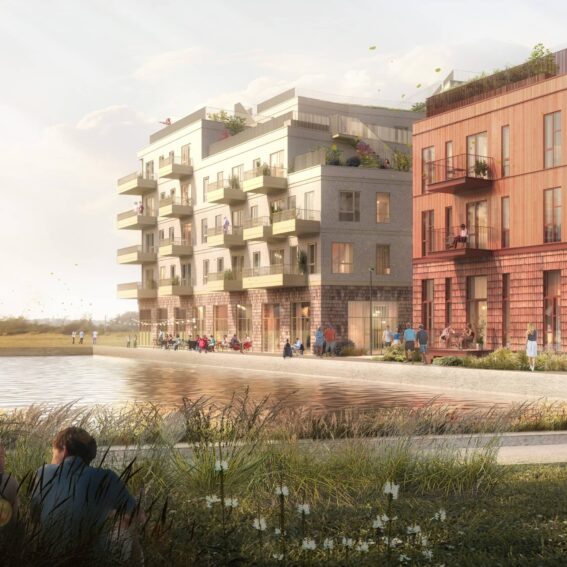
5. Sustainability Performance Standards

6. Sustainability in project management

7. Community engagement
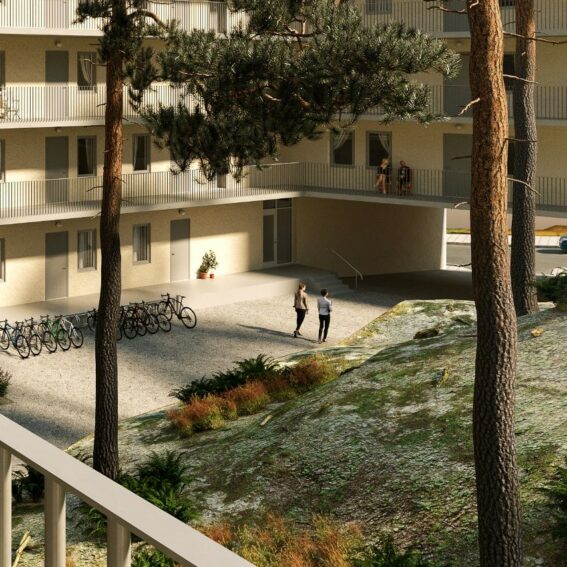
8. Design for user qualities and wellbeing
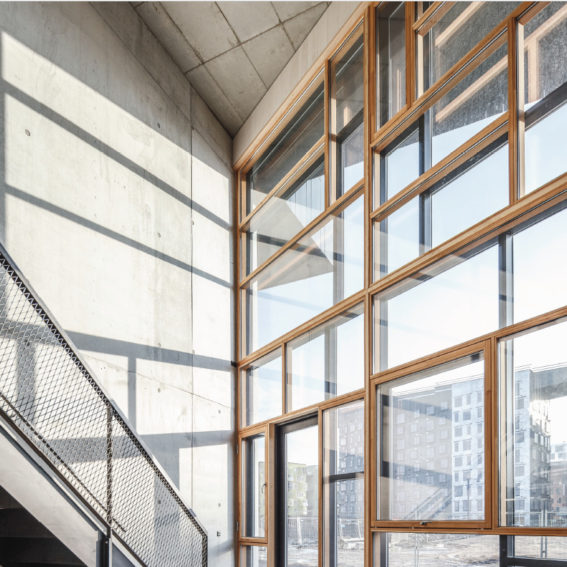
9. Design to reduce CO2 footprint
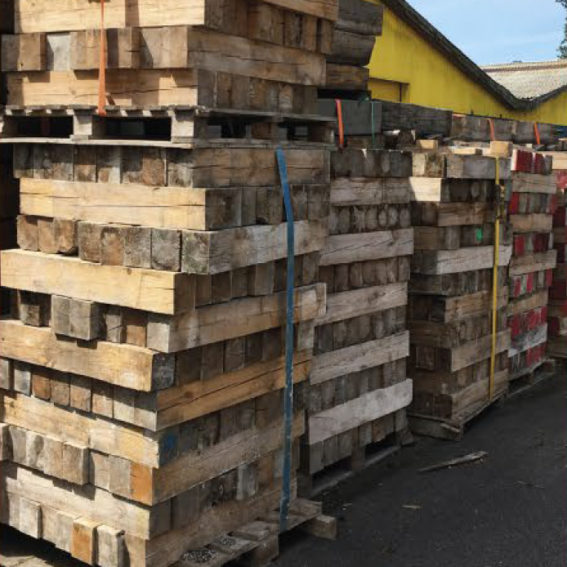
10. Materials suppliers
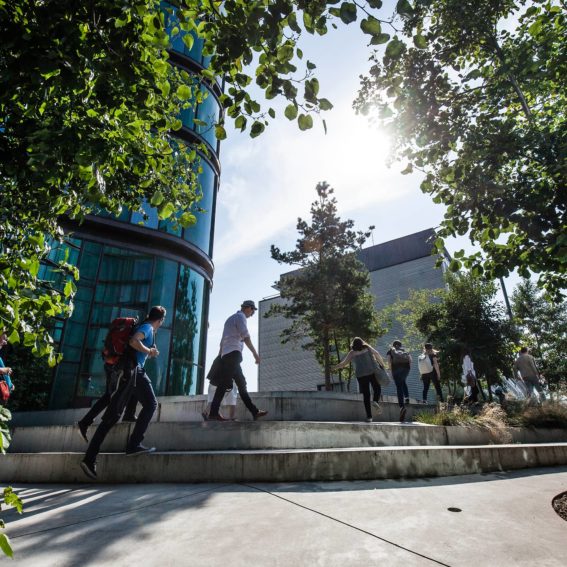
11. Design addressing other environmental dimensions
12. Construction activity impacts
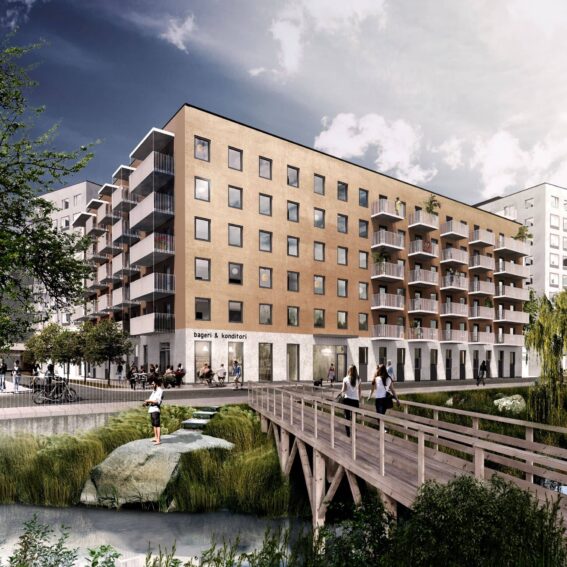
13. Manage for post-completion outcomes

14. Health & safety
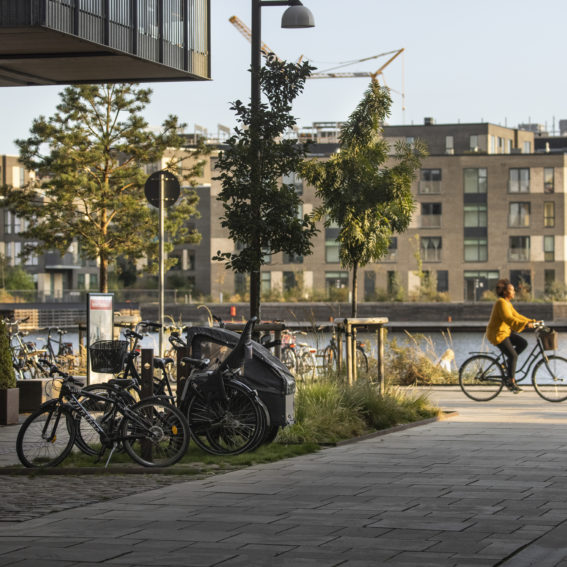
15. Ethical behavior

16. Labor practices

17. Diversity & inclusion
